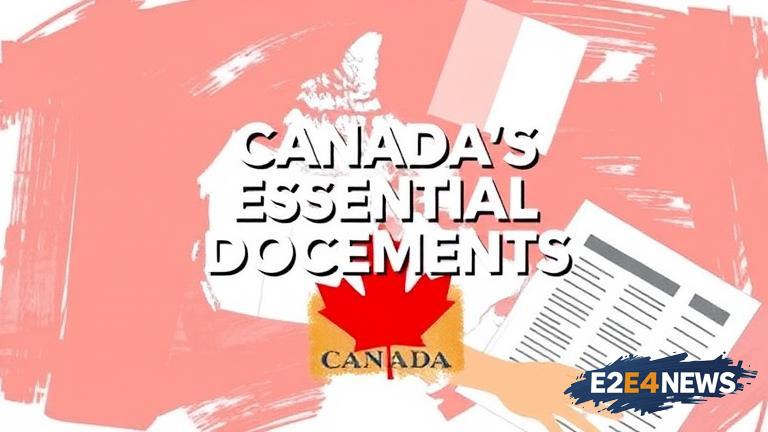As a newcomer to Canada in 2025, understanding the necessary documents for a smooth transition into your new life is paramount. One of the first steps after arriving in Canada is applying for a Social Insurance Number (SIN), which is essential for working, accessing government services, and opening a bank account. The application process for a SIN typically involves gathering required documents such as your permanent resident card, passport, or other proof of identity and immigration status, and then submitting your application either online or in person at a Service Canada office. Following the successful application for a SIN, newcomers should also apply for a permanent resident card, which serves as proof of their status in Canada and is necessary for re-entering the country after traveling abroad. The permanent resident card application involves filling out the application form, paying the required fee, and submitting supporting documents. Another critical document for newcomers is the health card, which grants access to Canada’s public healthcare system. The process for obtaining a health card varies by province, so it’s essential to research the specific requirements for the province you intend to reside in. For instance, in Ontario, you would apply for an Ontario Health Insurance Plan (OHIP) card, while in British Columbia, you would apply for the Medical Services Plan (MSP). Besides these essential documents, newcomers should also consider opening a Canadian bank account to manage their finances effectively. This involves choosing a bank, gathering the necessary documents such as your SIN and proof of address, and then applying for the account either online or at a bank branch. Understanding the Canadian tax system is also vital, as it affects how much you earn and how much you pay in taxes. Newcomers are advised to consult with a tax professional to ensure they are meeting all their tax obligations. Furthermore, learning about the different types of taxes such as income tax, sales tax, and property tax can help in making informed financial decisions. For those planning to work, familiarizing themselves with Canadian workplace culture and norms is beneficial. This includes understanding labor laws, workplace etiquette, and how to navigate job interviews. Networking is also a key aspect of finding employment in Canada, and attending job fairs, joining professional associations, and using online job platforms can be highly effective. In addition to professional integration, social integration is equally important for a fulfilling experience in Canada. This can involve joining community groups, volunteering, and participating in local events to build a social network. Newcomers should also be aware of the resources available to them, such as settlement services that offer assistance with everything from finding housing to learning English or French. The government also provides various programs and services designed to support newcomers in their settlement journey. For example, the Language Instruction for Newcomers to Canada (LINC) program offers free English or French language classes, and the Job Bank website provides a wealth of information on job opportunities and labor market trends. Moreover, many communities have newcomer centers that provide a one-stop service for all settlement needs. In conclusion, navigating the process of obtaining essential documents and integrating into Canadian society as a newcomer in 2025 requires careful planning, research, and an understanding of the available resources and services. By following these steps and being proactive, newcomers can set themselves up for success and build a prosperous and fulfilling life in Canada.





